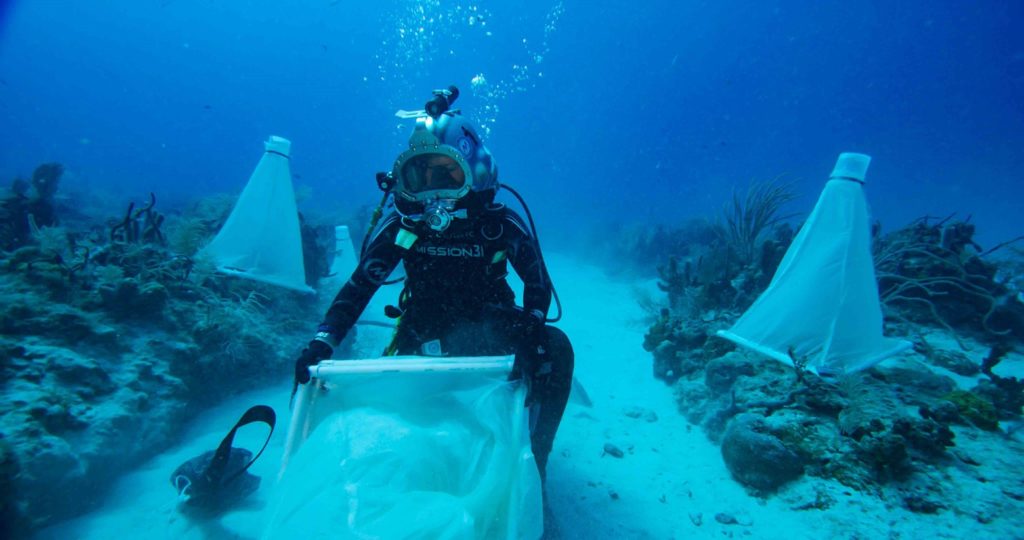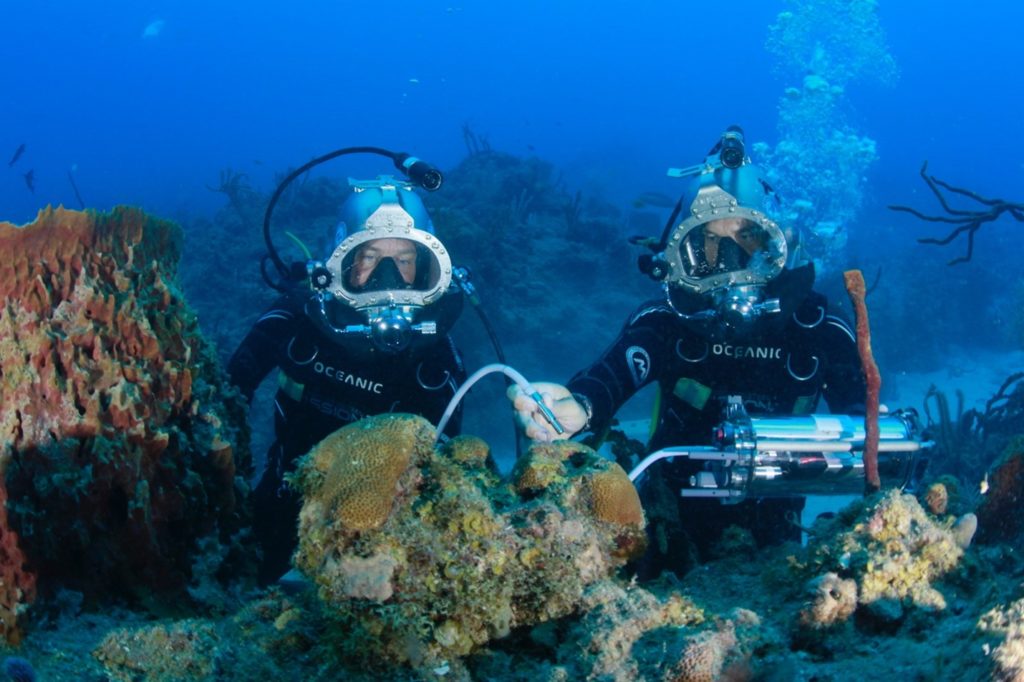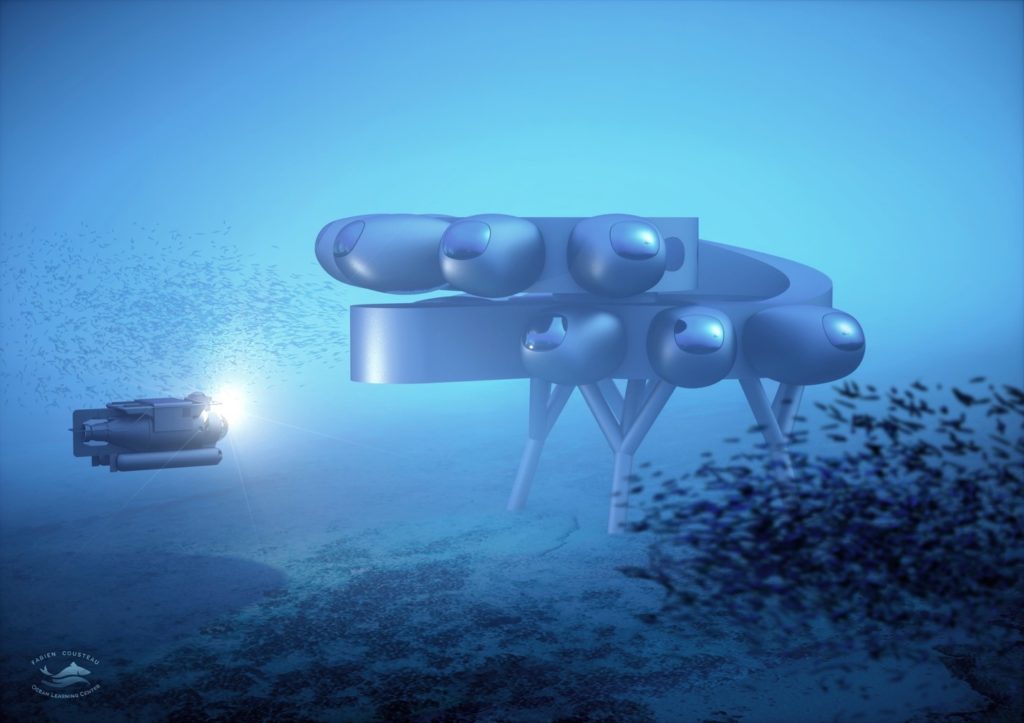Expanding Ocean Exploration and Research: A Gold Mine for Cellular Innovation
As an ocean research and observation platform PROTEUS™ is poised to facilitate both the ability to conduct and advance marine research. PROTEUS™ itself is envisioned as a catalyst for raising awareness and furthering our shared understanding of the ocean and the vast learnings it holds. PROTEUS™ will engage multidisciplinary stakeholders across the globe in science, social science, cultural, and educational arenas. As the “International Space Station of the Ocean” it will have the capacity to inspire and engage with millions of people.
PROTEUS™ will offer scientists and academics a state-of-the-art research platform from which disruptive scientific breakthroughs in areas such as medicine, genetics, sustainable energy and food cultivation can arise. PROTEUS™ ™ will expand how we go about deep-sea exploration and research. A habitat gives scientists and explorers more time to study, gather and assess new data at greater ocean depths which is a huge and necessary step in advancing ocean-based research, given the challenges and difficulty of time in deeper waters.
Scuba diving has serious limitations as a research tool for ocean scientists primarily because the amount of time safely spent in deeper waters is limited to less than 2-3 hours per day. However, saturation diving (diving at great depths for long periods of time) offers ocean scientists unlimited access to greater depths and can sustain continuous day and night research when supported by an underwater station.
As the ocean warms, marine bacteria, viruses, and fungi thrive, which increases the likelihood that marine life and humans will be exposed to novel diseases. The ability to sample and access more and varied types of marine life is critical to identifying new potential compounds that will address health threats in the future. Biologists and chemists need access to tools and facilities for indispensable research necessary to unlock new discoveries and hasten solutions.
Oscar Schofield, Professor of Biology and Chair of the Department of Marine and Coastal Science at Rutgers University stated: “The oceans contain an unprecedented genetic diversity and this offers a potential gold mine of cellular innovation that could inform our efforts to develop novel medicines and compounds for the future.”
As a bold, innovative and visionary program, PROTEUS™ is itself a necessary ‘urgent action’ needed to combat climate change, which we hope will serve as an inspiration for others and afford scientists an important tool in advancing research. Whether it’s a deeper understanding of ocean acidification, impacts on weather or coral reef restoration initiatives, PROTEUS™ will intentionally facilitate and amplify actions that will work to address and mitigate against the impacts of climate change.
PROTEUS™ is operationalized and run by Proteus Ocean Group, Ltd. (POG), a private sector social enterprise, a sustainable for-profit business that will scale and have global impact. POG manages the coordination of and partnerships with strategic collaborators such as Northeastern, Rutgers, Gov’t bodies (including Curacao), quasi-governmental bodies (CARMABI) and private sector partners. Fabien Cousteau Ocean Learning Center (a 501(c)(3)) (FCOLC) is a major stakeholder in POG and leads the educational programming.
For information, please contact Lisa Marrocchino, CEO, Proteus Ocean Group, Ltd. at lisam@protesuoceangroup.com


















